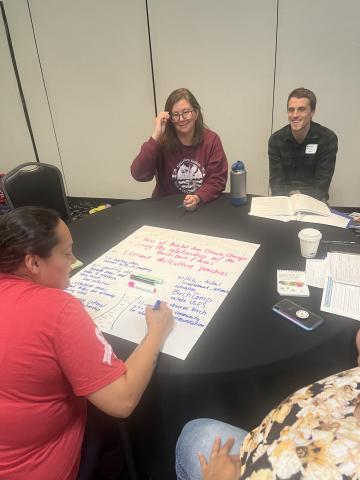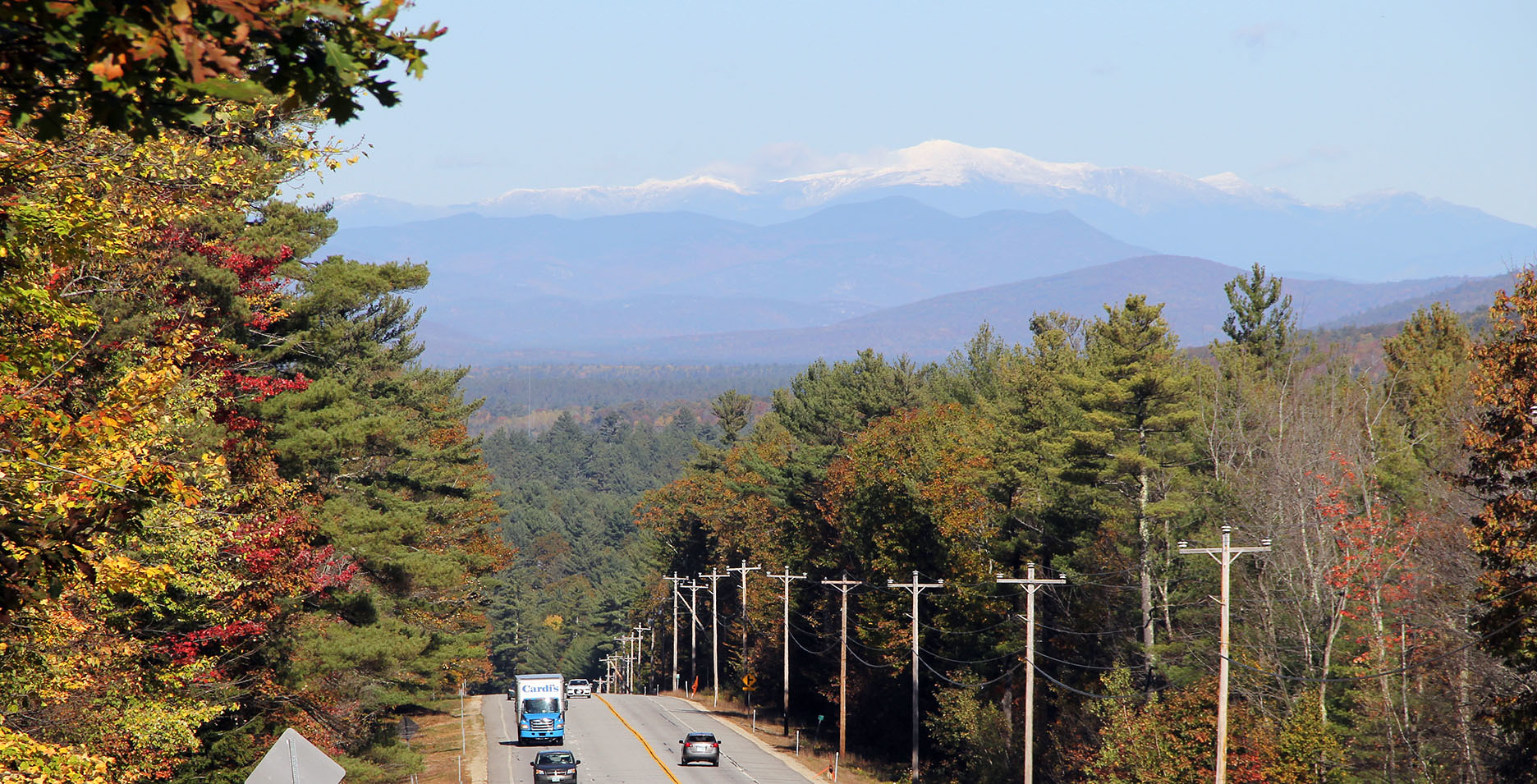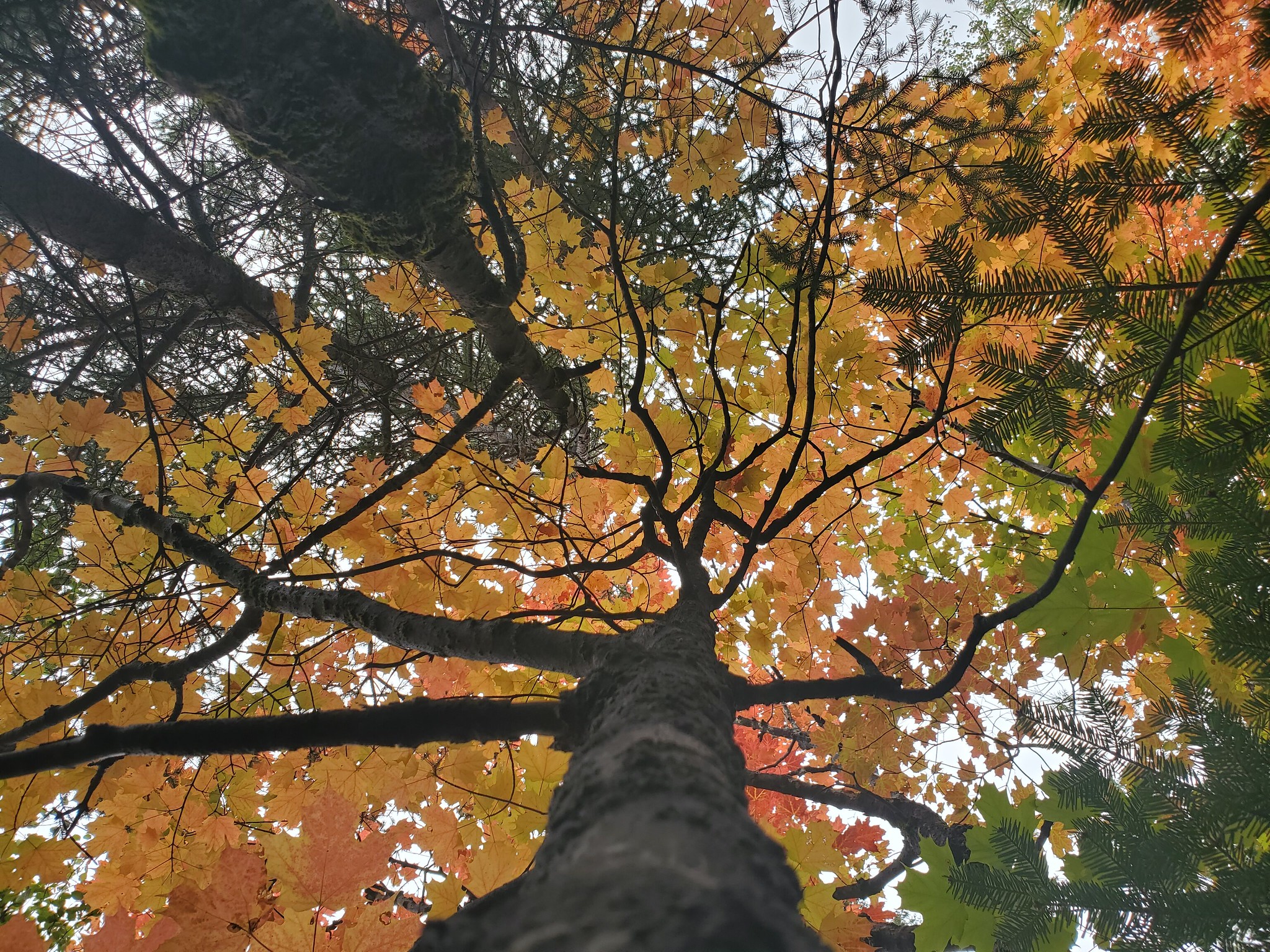3rd Quarter Northern Forests Climate Hub Accomplishments
Highlights from our work in the third quarter of fiscal year 2023 (April-June).
Advancing Tribal Climate Adaptation Priorities Through the Tribal Forest Protection Act
Elevating tribal values through climate change adaptation is one vital way to ensure that federal agencies are honoring our obligations to tribal nations. The USDA Northern Forests Climate Hub, Northern Institute of Applied Climate Science, and tribal partners collaborated to encourage the use of the Tribal Forest Protection Act (TFPA) to advance tribal climate adaptation priorities. Project partners hosted a third TFPA workshop in June 2023, which included over 75 participants from the Red Cliff Band of Lake Superior Chippewa, Bad River Band of Lake Superior Chippewa, and the Chequamegon-Nicolet National Forest. Participants considered projects such as promoting the regeneration of culturally important trees, the indigenous use of prescribed fire, supporting marten habitat across the landscape, and other projects.


Landscape-Wide Climate Change Adaptation Planning
Climate change is a regional issue that crosses land ownership boundaries, and yet landscape-scale climate change adaptation is a challenge in the Northeast because regional forests are fragmented among many private owners. In a series of facilitated workshops within New Hampshire, The Nature Conservancy (TNC) and the USDA Northern Forests Climate Hub engaged key landowners and managers adjacent to TNC-owned lands to develop a landscape-wide approach to forest adaptation and management. In regional workshops in Southwest New Hampshire and in the Mt. Washington Valley, forest stewards developed customized forest management plans for their properties of concern, using the Adaptation Workbook planning process.
Resources for Wisconsin Private Landowners
Private landowners own most of Wisconsin’s forests, and they are seeking knowledge on climate change vulnerability and adaptation options from credible sources. The Wisconsin chapter of the Sustainable Forestry Initiative worked with the USDA Northern Forests Climate Hub and Northern Institute of Applied Climate Science to create a new climate change section in the updated version of the “Wisconsin’s Forests: Private Landowner Handbook”, a resource that is distributed to private landowners throughout the state. This is the fourth edition of the handbook and the first version to include climate change information.

Questions? Contact the USDA Northern Forests Climate Hub staff

